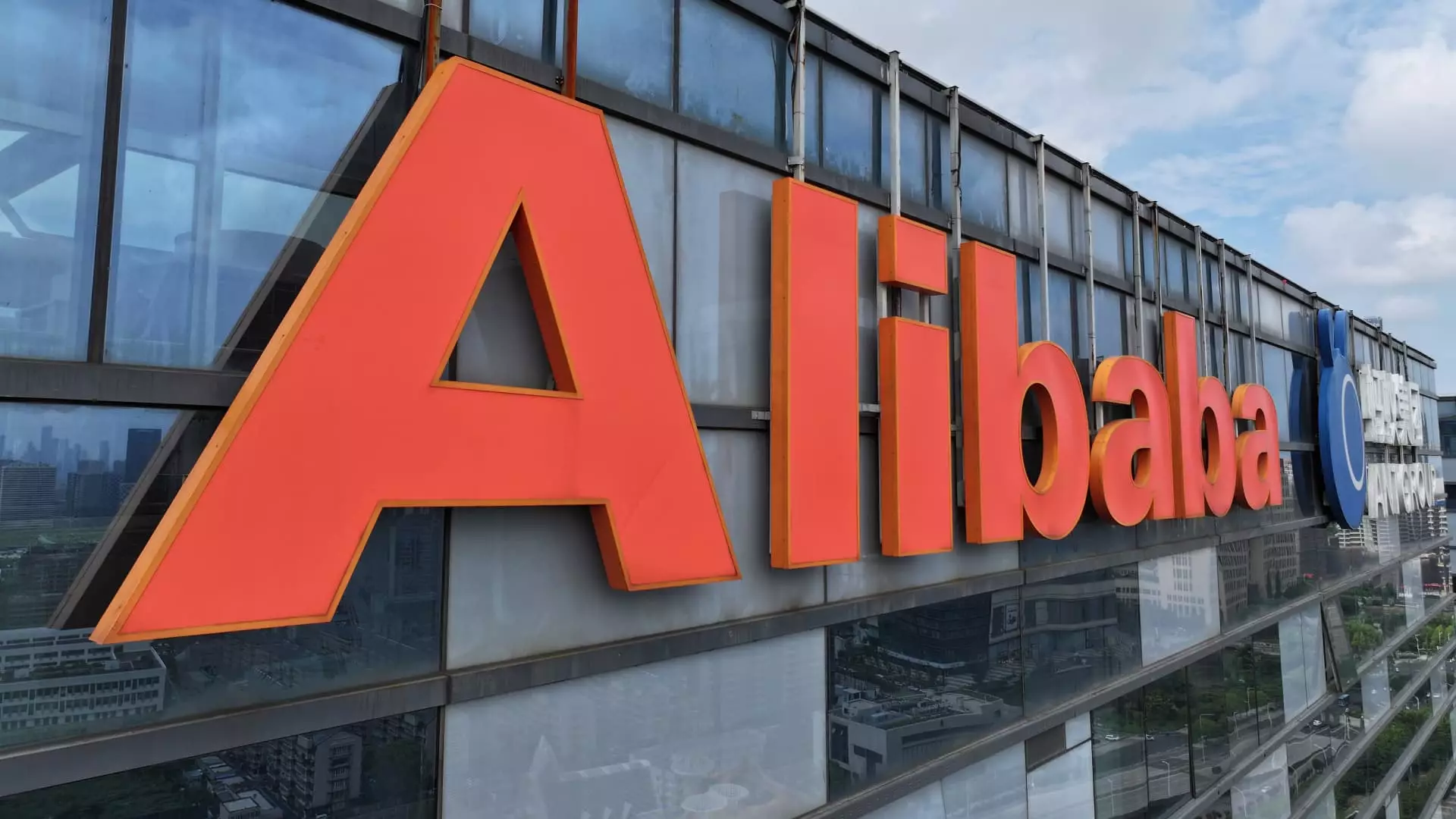Alibaba has recently wrapped up a three-year regulatory “rectification” process imposed by China’s market regulator following an antitrust fine for monopolistic practices in 2021. This significant development has led to a positive response from investors, with Alibaba’s shares rising more than 3% in Friday morning trading.
China’s State Administration for Market Regulation (SAMR) has been closely monitoring Alibaba’s compliance with antitrust regulations over the past few years. The SAMR reported that the rectification work has yielded “good results.” In 2021, the SAMR fined Alibaba a substantial amount in connection with an anti-monopoly investigation, specifically focusing on a controversial practice that forced merchants to pick between two e-commerce platforms, rather than allowing them to work with both.
Regulatory Outcomes
Since the fine, Alibaba has made significant strides in aligning with the regulator’s requirements. The SAMR has confirmed that Alibaba has ceased the “‘choose one of two’ monopoly behavior,” marking a crucial milestone in the regulatory process. Moving forward, the SAMR intends to guide Alibaba in enhancing its compliance, efficiency, and innovation efforts. This conclusion of the regulatory overhaul signifies a fresh start for Alibaba, putting one of its most difficult encounters with Beijing in the rearview mirror.
Industry experts, such as Jefferies analysts, have viewed the conclusion of the regulatory process as a positive development for Alibaba. They believe that this marks the beginning of a new chapter for the company, emphasizing the importance of operational compliance. However, the regulator’s announcement also sheds light on a potential shift in the regulatory tone towards private technology firms in China, signaling a more lenient approach compared to the recent crackdown initiated in late 2020.
The Chinese government’s regulatory actions have significantly impacted the operations of tech giants like Alibaba, particularly following the scrutiny faced by Jack Ma and his affiliated companies. The suspension of Ant Group’s IPO in 2020 and the subsequent rectification process underscore the regulatory challenges faced by private technology firms in China. These regulatory concerns have weighed on Alibaba’s stock performance, leading to a considerable decline from its peak in 2020.
In addition to regulatory hurdles, Alibaba has been grappling with sluggish growth in the e-commerce sector amid intensifying competition in China. The company has also been navigating challenges posed by a cautious Chinese consumer sentiment. Despite these headwinds, Alibaba exhibited signs of a potential recovery during the June quarter, with notable growth in cloud computing revenue and healthy transaction volumes on its e-commerce platforms.
Alibaba’s completion of the regulatory rectification process signifies a pivotal moment for the company, paving the way for enhanced compliance, operational efficiency, and innovation. The evolving regulatory landscape in China poses challenges and opportunities for tech firms like Alibaba, highlighting the importance of adaptation and resilience in navigating complex market dynamics. As Alibaba embarks on this new chapter post-regulatory overhaul, the focus remains on sustaining growth momentum and fostering a culture of compliance and innovation in a rapidly evolving business environment.


Leave a Reply